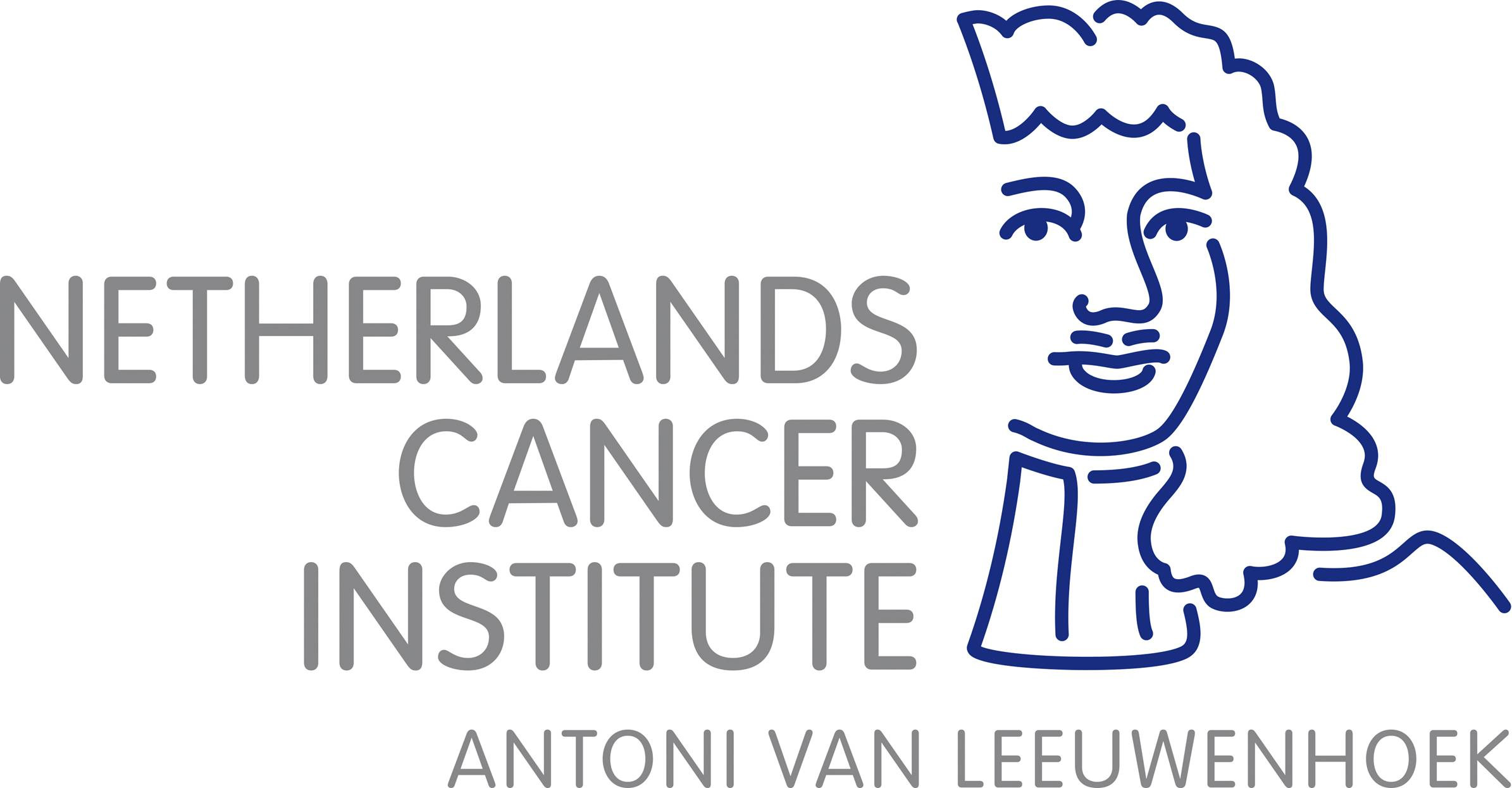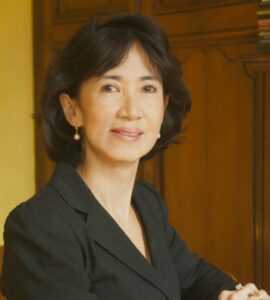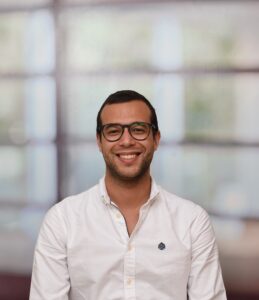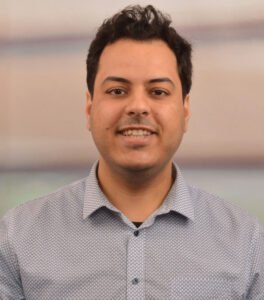Regina Beets-Tan
Regina Beets-Tan is Chair of the Department of Radiology at the Netherlands Cancer Institute in Amsterdam, Netherlands. She is Professor of Radiology at the University of Maastricht, Netherlands and Adjunct Professor of Abdominal and Oncological Radiology at the University of Southern Denmark, Denmark. She obtained her MD, cum laude, at the Erasmus University Rotterdam, Netherlands, and her PhD thesis on rectal cancer MR imaging, which she obtained at the University of Maastricht, Netherlands, was awarded the 2001 Best Thesis Prize. Regina's main clinical interest has been abdominal and oncological imaging. She leads research in cancer imaging in the Netherlands Cancer Institute, focusing on the validation of multi parametric and artificial intelligence imaging technology as a guidance for interventional, surgical and radiation treatment, and as a biomarker for treatment efficacy in cancer. Her own research track record is in rectal cancer imaging for better treatment outcome, for which she collaborates with multidisciplinary expert teams worldwide, including the Memorial Sloan Kettering Cancer Center, USA where she was affiliated in 2008.



